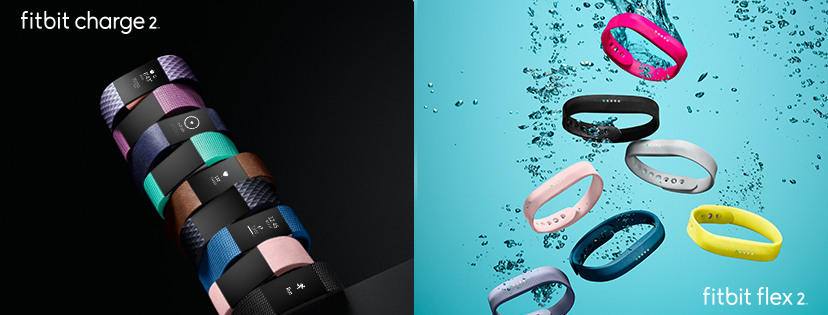

“They have the data, so they can tie software and services together to try to sell more of their other services,” he says. One of the potential negatives for consumers, says Ubrani, is that even if Google vows not to sell ads against your health data, it could find other creative ways to monetize whatever you’re sharing through your wrist. Google says it is acquiring Fitbit to bring together “the best AI, software and hardware” in order to “spur innovation in wearables and build products to benefit even more people around the world.” It complements Google’s vision for “ambient computing,” as my WIRED colleague Louise Matsakis points out gives it more technological armor to compete with Apple Watch and could help Google do deeper in the healthcare market.
Buying fitbit full#
Now Fitbit has come full (activity) circle, and is being bought by one of the largest software companies in the world. Over the years Fitbit would become known for its accessible hardware, but it was its software-its mobile app, social network, sleep tracking, subscription coaching-that made it stand out in an ocean of fitness wearables. It was a kind of gateway drug to what would become our full-fledged, 2010’s, quantified-self addictions. The clip-on itself displayed some information, but Fitbit’s website was where you’d find visualizations of your personal activity data.

Instead, it wirelessly connected to a base station that had to be tethered to your computer. When Fitbit launched its first product in 2009, the activity tracker didn’t even share data to a smartphone app.


 0 kommentar(er)
0 kommentar(er)
